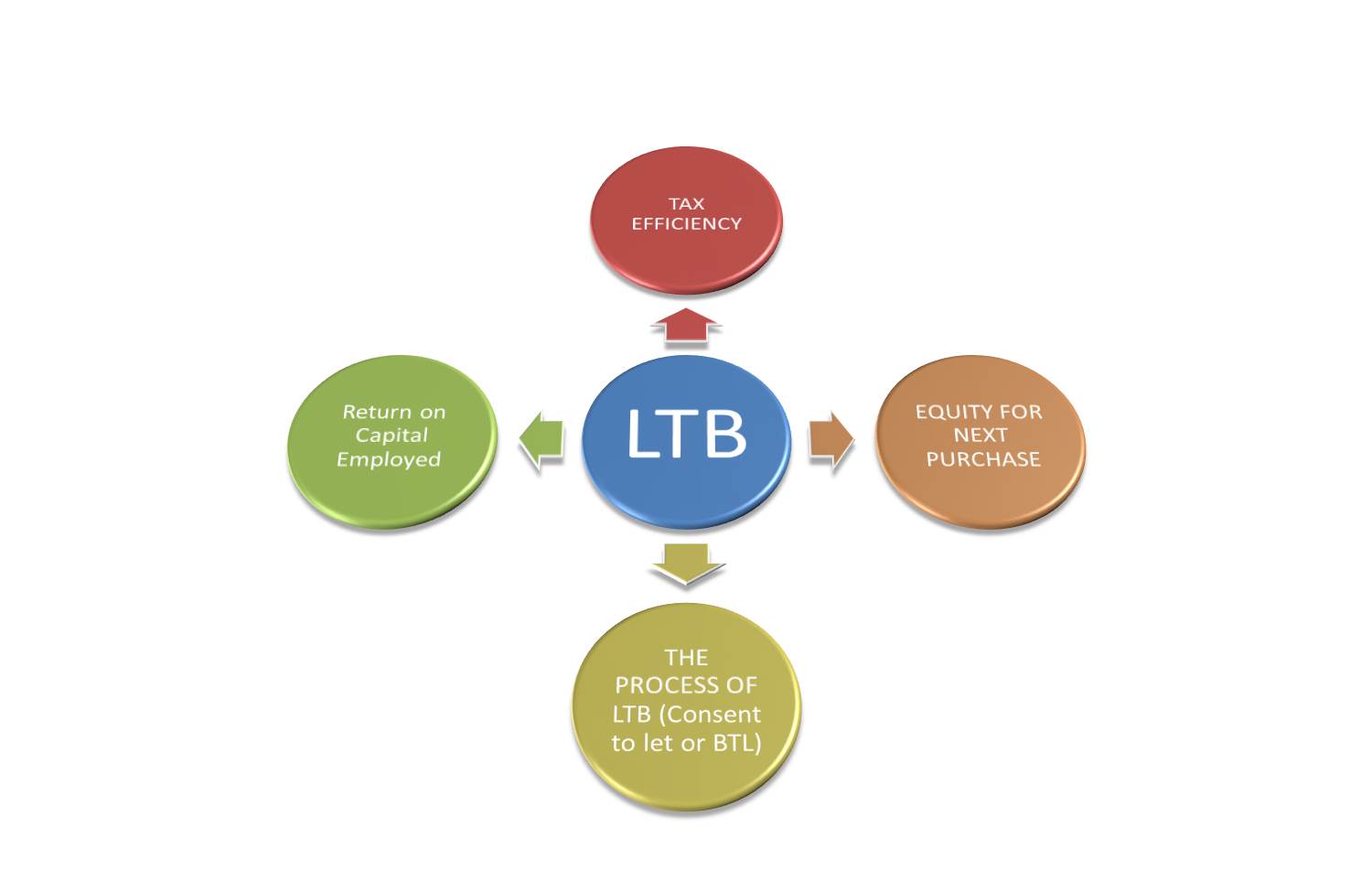LET TO BUY
A brief overview of the considerations
By Matthew Duncan Independent Financial Adviser
What is a Let to Buy?
A let to buy mortgage is
when the new lender states they are happy for you to keep your existing
property and rent it out. Typically, the Lender will want to know the
properties rental income will
cover the mortgage payments and If this is the case the lender will ignore the existing mortgage as a
liability.
Tax Efficiency
•When
you have a BTL mortgage or equivalent the property in essence becomes and
investment.
•You
become labile for income tax on any profit you make.
•Net
profit is the difference between your rental income minus allowable expenses.
•One
of the allowable expenses is mortgage interest (Not any capital repayment
element).
•The
Net profit is added to your employed income and taxed at that rate.
•If
you reduce the mortgage interest by paying off capital elements of the BTL
mortgage you actually
reduce the allowable expense and therefore increase you
tax liability. This is not an issue if you have
no other mortgages but if you
do have a personal mortgage it is not very tax or risk efficient.
Equity for the next Purchase
If there is equity in your current property it may be worthwhile seeing if you can release some of it.
By releasing this equity you may be able to get a better rate on the new mortgage if the LTV is
reduced. Other key considerations are that by having a lower personal mortgage on the new property you are reducing your personal risk and by loading the BTL you are increasing the allowable expense for tax purposes therefore reducing your tax liability.
Return on Capital Employed
It
must be remembered that the property that is being let will become an
investment. It is therefore worthwhile looking at the maths to ensure the
property is viable as an investment.
A
property can return profit in two ways.
1.Capital
growth
2.Return
on capital
Return
on capital looks at what capital has been employed and the return on this
capital. For example if £30,000 has been used via equity or introduced
(purchase) and the rental profit per year is £3,000 then the return on capital
employed is 10%.
BTL or Consent to Let
•Depending
on each lenders criteria and mortgage interest rates you may wish to consider
changing
to an official BTL mortgage.
•The
other option is you ask your current provider for the consent to let. Typically
they will change
you a fee for doing so and leave your mortgage on the same
terms. Some lenders will increase your
interest rate to reflect you are renting
it out.
•Both
types of mortgage are acceptable for future lenders if you are looking to Let
to buy.
+Jpeg.jpg)


+1+(3).jpg)


+1.jpg)